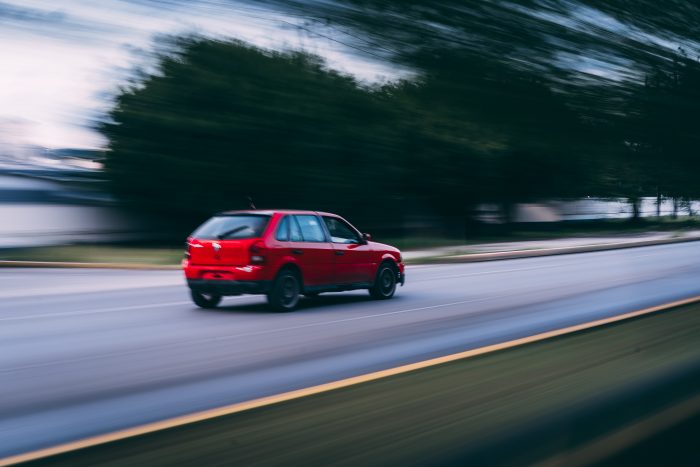While the sale of electric cars is on the rise, the car market remains awash with petrol and diesel vehicles. While driving these sorts of cars is inherently bad for the environment, given their noxious output, there are ways to circumvent their toxicity.
By taking concentrated steps to drive with more care, petrol and diesel car owners can lower the fuels’ harmful output – and go to the garage less often.
Stay Consistent in Speed
Different types of cars operate most effectively at different speeds. Once you find your car’s sweet spot, you’ll be able to maintain its key operations while also reducing your fuel consumption. On average, cars register that sweet spot at about 88 kilometres an hour. Going faster tends to waste your fuel, as does going slower.
That said, don’t neglect the speed limits posted in your area. You’ll likely only be able to save yourself the petrol on motorways, as rural roads throughout the UK (not to mention those in bigger cities) have strict speeding policies in place.
Pump Up Tyres
You’ll also want to frequently check the weight and inflation of your tyres. An under-inflated tyre can negatively impact your car’s mileage and petrol consumption. As your tyres begin to deflate – due simply to natural chemical causes – your car will have to compensate for the lost air by rotating the wheels more often. While a greater RPM comes more petrol consumption.
In short, pumping up your tyres on a regular basis can save you as much as €4.5 per visit to the garage. Not only that, but you’ll be releasing fewer greenhouse gases into our fragile ecosystem. It’s a win, however you twist it.
Shift Gears With Care
If you drive a manual vehicle, then you can lessen your fuel consumption by changing the way you shift gears. Drivers new to manual vehicles may want to hold off on this practice until they’re more comfortable in their cars.
However, if you’re at ease in a manual vehicle, it’s recommended that you skip a few gears when shifting on the road, whether you’re shifting up or down. Why? Skipping gears, as opposed to shifting through all of them, reduces the amount of wear your transmission has to endure. The less work your transmission has to do, the more petrol you’ll save.
You’ll also want to make sure that you’re driving in the highest appropriate gear for the road and weather conditions you’re seeing before you. Caution is important, but overly-cautious driving in a manual vehicle could result in too-frequent trips to the garage.
Switch Off the A/C
As the summer grows hotter and the days go longer, it’s tempting to leave your car’s air conditioning on all the time. While protecting yourself from an increase in heat is important, leaving your A/C on at full-blast can be bad for your car – and for your fuel consumption.
If you opt to switch off your A/C, you’ll be lessening your car’s fuel output. However, that doesn’t mean you have to drive around relying solely on wind power all the time. Use your A/C to bring your car down to your preferred temperature. Once you’re comfortable, switch it off.
Note that the same advice holds for wintertime, just in the opposite direction. Use your heat to clear up your windows and to keep your hands from shaking. Once you’re comfortable, though, turn it off!
Keep the Car Up to Snuff
The aforementioned tips have all touched on different things you can do yourself to drive greener, reducing your vehicle’s fuel consumption and noxious output. There are some things, however, that normal drivers can’t do.
That’s why it’s especially important to see a professional if you want to keep a petrol or diesel car up to snuff. Make sure you schedule regular visits with your local shop to ensure that your oil is fresh, your filters are clean, and that your vehicle is operating as it should be.
A timely tune-up can not only save you money on repairs, but it’ll help you spend less time filling your tank and producing waste.
Carpool
Finally, you can lessen your fuel consumption by avoiding your car altogether. Why not carpool to work or to the city with a group of friends? By sharing a ride, taking public transit, or even riding your bike, you’ll be lessening your fuel consumption, saving money, and doing your part to keep the local ecosystem a little healthier.











Read 0 comments and reply